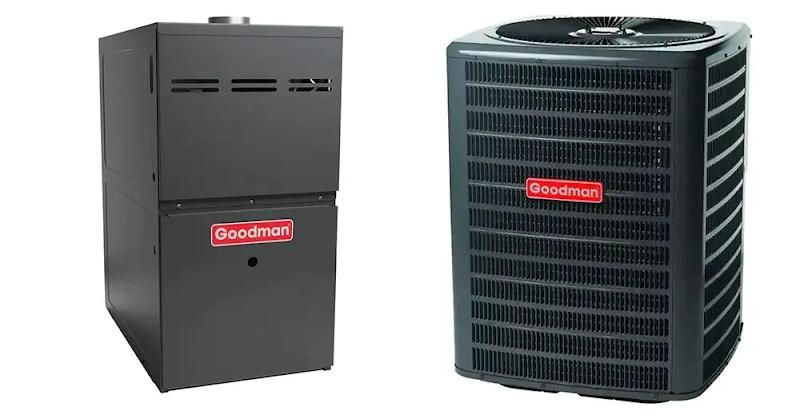In the quest for energy-efficient and cost-effective heating solutions, dual fuel systems have emerged as a compelling option. By seamlessly integrating the strengths of both a furnace and a heat pump, these systems offer a versatile and dynamic approach to maintaining a comfortable indoor climate. In this article, we will delve into the concept of dual fuel systems, exploring how they work, their benefits, and why they stand out as a powerful solution for efficient heating.
The Dual Fuel Dynamics
At its core, a dual fuel system is a hybrid heating setup that combines a traditional furnace with a heat pump. The system is designed to automatically switch between the two heat sources based on outdoor temperatures and electricity costs. Here’s how it works:
1. Heat Pump Dominance in Moderate Temperatures
In milder weather conditions, the heat pump takes the lead. Heat pumps are highly efficient at extracting heat from the air, even in colder climates. They work by compressing and circulating a refrigerant that absorbs and releases heat. This process allows them to provide ample warmth for your home without relying on traditional fuel sources.
2. Furnace Supplementation in Extreme Cold
When the temperature drops significantly, a furnace steps in to support the heat pump. Furnaces, particularly those fueled by natural gas or propane, excel at producing high levels of heat quickly. This ensures that your home stays warm and comfortable even in the coldest of winters.
Benefits of Dual Fuel Systems
1. Energy Efficiency and Cost Savings
Dual fuel systems leverage the strengths of both a heat pump and a furnace, optimizing energy usage based on weather conditions. This dynamic operation leads to substantial energy savings compared to relying solely on a furnace or conventional heating methods.
2. Environmentally Friendly Heating
By primarily utilizing a heat pump, which operates on electricity, dual fuel systems reduce reliance on fossil fuels. This translates to lower greenhouse gas emissions and a smaller carbon footprint, making them an eco-conscious choice.
3. Enhanced Comfort and Consistency
The seamless transition between the heat pump and furnace ensures that your home remains at a comfortable temperature regardless of outdoor conditions. This eliminates the discomfort often associated with systems that rely solely on one heat source.
4. Flexibility and Adaptability
Dual fuel systems are versatile and adaptable to various climate zones. They’re particularly beneficial in regions with fluctuating temperatures, where a single heating source may not be as effective.
Choosing the Right Dual Fuel System
When considering a dual fuel system, it’s essential to consult with a professional HVAC technician. They can assess your specific needs, climate, and budget to recommend the ideal system size and components for your home.
Conclusion: A Fusion of Efficiency and Comfort
Dual fuel systems represent a harmonious marriage of cutting-edge technology and efficient heating practices. By intelligently blending the capabilities of a heat pump and furnace, they offer a dynamic solution that adapts to the ever-changing demands of the weather. For homeowners seeking optimal comfort, energy savings, and environmental stewardship, a dual fuel system stands as a compelling choice. Embrace this fusion of efficiency and comfort, and experience the warmth and satisfaction it brings to your home.






